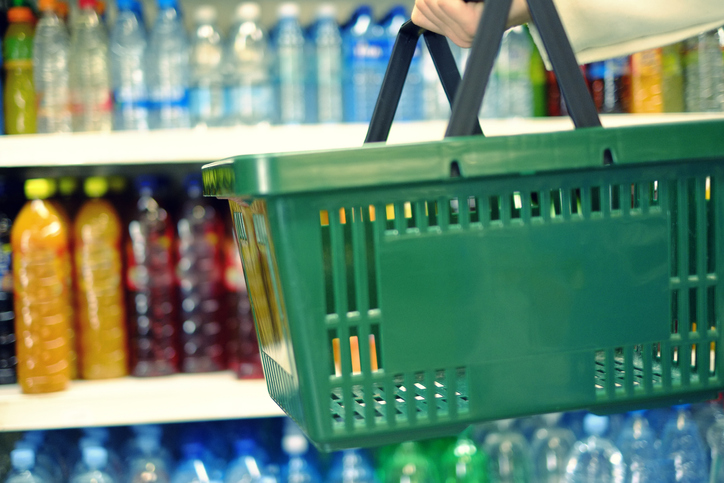First-time buyers are turning their attention to the convenience market following a growing reliance on the sector during the Covid-19 pandemic, according to property expert Steve Rodell.
Rodell, Christie & Co’s head of retail, told Better Retailing that the strength of the convenience market during the pandemic led to the increased demand.
“It’s a perfect storm. We’ve had buyers re-evaluating their lives and looking to embark on a new career,” he said. “And because there are several buyers interested in every property, sellers are also in a better position.”
Coronavirus second wave: suppliers vow to maintain availability
Rodell confirmed that the increase in new investment has led to a 766% boost in agreed sales.
The agency completed 23 deals in June, compared to a typical monthly average of three.
“In one month, we sold more premises than we usually sell all year, including leasehold stores we were struggling to sell,” said Rodell.
“Local stores have done a sterling job in supporting their communities and they are riding the crest of the goodwill wave. Banks are more likely to back this sector, too.”
When asked which regions were experiencing the most interest, Rodell revealed many buyers from the south-east are looking to invest in the north-east or Scotland.
New face mask rule: retailers feel the impact
“There is a perception that costs are lower in the north,” he said. “The busier a store is going
to be, the more you pay, but everyone thinks they can do better than a previous owner.”
Rodell advised first-time buyers to seek the support of suppliers and symbol groups to start their new business, and avoid making any radical changes to existing stores.
“New buyers have to be sensitive and understand the local trading conditions,” he said. “If you come in and suddenly take out a line of wines that locals liked, it’s going to have an impact on loyalty and sales.”
However, he did warn sellers to remain realistic on pricing.
Retailer robbed at knife point by face mask attacker
“Buyers and sellers should feel reassured and optimistic, but sellers have to be realistic on pricing because buyers will see through a valuation based on a period of trade that has been particularly buoyant,” he said. “We don’t quite know how it’s going to settle yet.”
Rodell added that existing retailers have also benefited from government-backed loans offered to them during the pandemic.
“Other sectors are using loans of up to £50,000 to support a struggling business, but in convenience it’s been an opportunity to borrow cheaply and buy another leasehold store,” he said.
“You might not do a tremendous amount of trade, but it’s a better return than banking it.”
Find out more on our coronavirus information hub for retailers



Comments
This article doesn't have any comments yet, be the first!